Unless I’ve permitted you to use my data, you cannot use it: Rohit Kumar Singh
Day 1 of Goafest 2022 saw Rohit Kumar Singh, Secretary (CA), Ministry of Consumer Affairs & Food Distribution in conversation with Piyush Pandey, Chairman of Global Creative Ogilvy Worldwide & Executive Chairman, Ogilvy India, discussing the importance of consumer protection and its responsibility that we have as professionals. The session was moderated by Subhash Kamath, Chairman, ASCI & CEO, BBH, India. The conversation was part of a knowledge session in partnership with the Advertising Standards Council of India (ASCI).
The conversation covered a wide range of important topics – from brands promoting and marketing misleading information to bait advertising, and those compromising consumer interests.
Subhash Kamath commenced the discussions with a question on creativity. He asked, “Creativity, by its very nature, doesn’t like boundaries, we use and we celebrate words like pushing the envelope, thinking outside the box, flying off the edge, and so on. So, creativity likes to explore new places. And yet, consumer protection does require some responsibility and some guardrails. Ideal cases both go hand in hand. But do you think there’s a conflict? Or do you think they can co-exist beautifully together?”
Responding to the question, Rohit Kumar Singh said that he didn’t think there’s any conflict here. “In government, we love creativity. When some riots happen in one city, we have this standard statement, which has been there for 50 years – ‘The situation is tense, but under control’. How more creative can you get than that? But jokes apart, I mean, as long as the creativity is not misleading the consumers or the customers – that’s the key word. So, as long as it is fun, and it is pushing the product to be sold, and it is generating more eyeballs and more interest in the product, that’s fine. But when it crosses the boundary of misleading the customer, that’s where we would like to intervene, because we don’t want the consumer to be taken for granted.”
While noting that “we are all commercial artists”, Piyush Pandey pointed out, “Somebody is paying for the product from the market, you have to do justice to them. So, creativity has its boundaries – you want to get more creative and raise the bar, but you can’t jump out of the stadium and crush somebody else. So, I think leading or misleading people is another issue. But the first definition of creativity is that you are not screwing up somebody else’s life.”
Pandey went on to say that “If you cannot show any piece of communication to your family, then you can’t show it to anybody else.”
Seeking the government’s perspective on consumer protection, Kamath then asked Singh, “What is it that the government would be really keeping an eye on?”
Singh replied that the key word is “misleading”. He cited examples of a toothpaste brand that claimed to be No. 1 or a shirt brand that claimed that by wearing that particular brand will help protect from the coronavirus, or a spectacles brand that claimed to improve eyesight – all without proper substantiation. All these are misleading claims, he said.
The second issue for the government is “bait advertising”. The government imposes penalties on those found indulging in bait advertising. “The core is please don’t fool the consumer. He/she is vulnerable and there’s a new paradigm in advertising that has emerged over the last few years. We have to exponentially hit at the mad race for customer acquisition and ask ourselves – Are consumer interests being compromised? That is the only thing that concerns us in the government,” Singh said.
Kamath’s next question concerned data mining, as he noted that consumers are also becoming more vulnerable as whatever they shop and whatever they do, their entire data is now available to marketers. “Those insights are leading to performance, creative marketing and targeted marketing. Is there something that we need to look at from a consumer protection point of view?” he asked.
Singh emphasised, “Unless I have permitted you to use my data, you cannot use the data.” He added that the Data Protection Bill is before the Parliament, which he expected to be passed in the next session of Parliament. “The Bill defines the boundaries that data can be shared by e-commerce players or other players. Last week, I personally issued notices to cab aggregators Uber and Ola, stating that their algorithms are not fair. I told them that their cancellation charges are not fair nor are the ways in which they calculate their fares. Having said that, if we don’t look after the interests of the consumer, who will?”
Singh further said that the government has set up a national consumer helpline, where 4,000 calls are received every day. On analysing the calls, it was found that over the last four years, the costs pertaining to e-commerce had grown from 8% to 44%. “Now, that means there’s something wrong somewhere in this mad race for customer acquisition. We had Amazon in our office yesterday, and we asked them to make their grievance redressal system more robust. They have promised to look into that.”


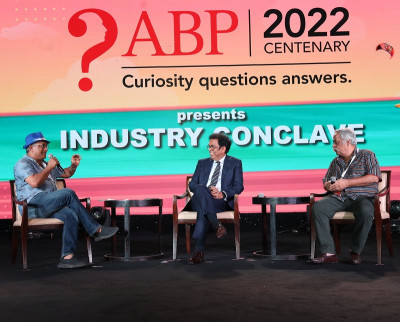




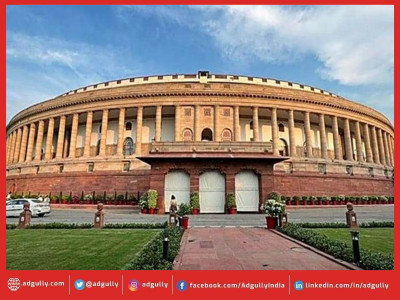
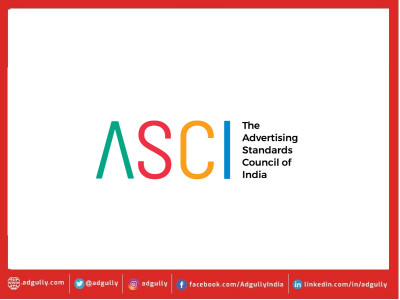
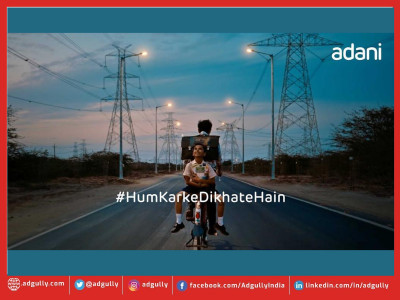

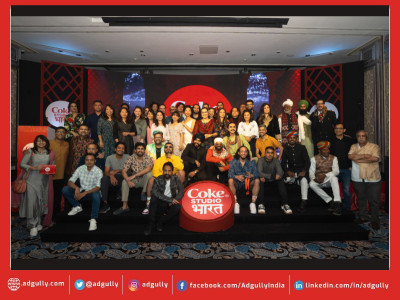


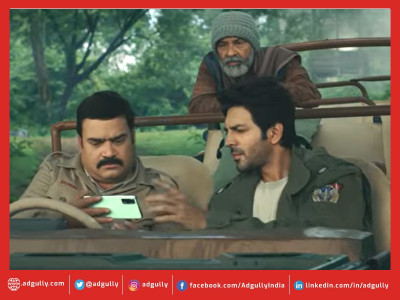

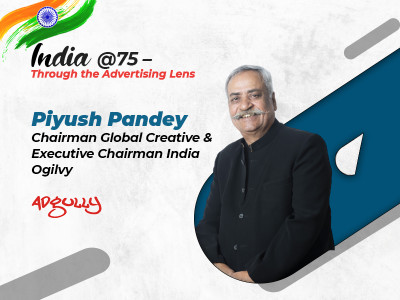

Share
Facebook
YouTube
Tweet
Twitter
LinkedIn